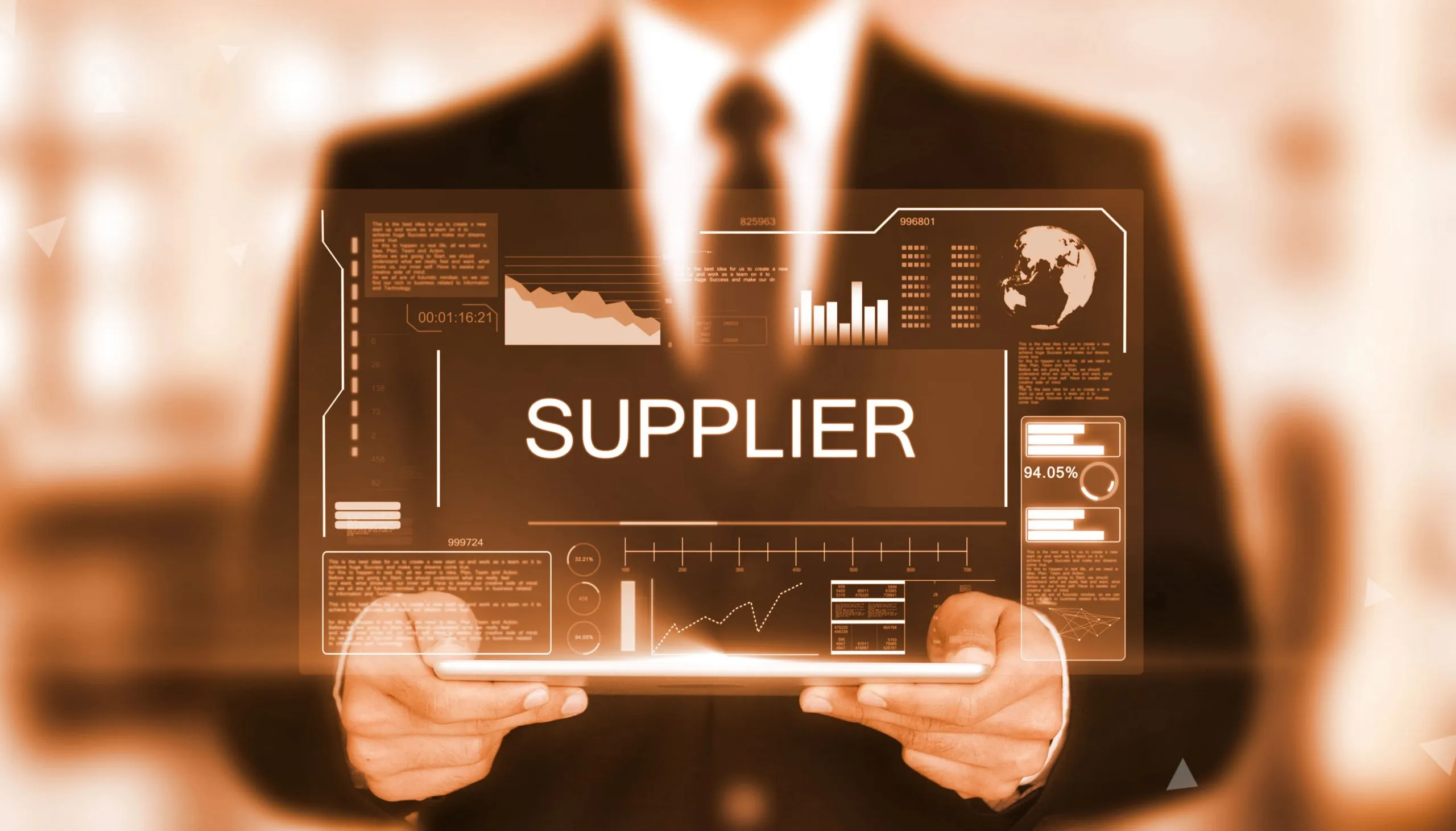An Overview
E-State Nirman Nigam is a government-backed organization focused on the development, construction, and management of state-owned properties, infrastructures, and urban development projects. In the context of urbanization and infrastructural expansion, suppliers play a pivotal role in ensuring the timely delivery of high-quality materials, products, and services required for these extensive development projects. Their role is integral to the success of the organization's goals and operations.

Introduction to E-State Nirman Nigam
E-State Nirman Nigam (often abbreviated as ESNN) is a state-run enterprise or public sector undertaking (PSU) that primarily deals with the planning, designing, construction, and management of various urban and rural infrastructure projects. These projects are part of the larger vision of promoting sustainable development, urban renewal, and the creation of a robust built environment across the state or country.
The organization works on a variety of projects, such as roads, bridges, residential complexes, office buildings, educational institutions, and public amenities. The efficient execution of such large-scale construction and urban development projects requires a seamless supply chain for materials, labor, and equipment. Suppliers serve as a critical link in ensuring the availability of quality materials and services, which directly impact the success of these projects.
The Role of a Supplier in E-State Nirman Nigam
A supplier in the context of E-state Nirman Nigam refers to any entity (individuals, businesses, or organizations) that provides goods or services necessary for the development projects initiated by the organization. These suppliers offer a wide range of products and services including raw materials like cement, steel, and aggregate, construction machinery, electrical and plumbing systems, and even design and consultancy services.
Here is a detailed look at the various ways suppliers contribute to ESNN's operations:
1. Provision of Construction Materials
The supply of raw materials is perhaps the most fundamental contribution made by suppliers in the construction process. ESNN projects require large quantities of construction materials, such as cement, steel, bricks, aggregates, paints, electrical wires, plumbing pipes, and more. Suppliers are tasked with ensuring that these materials meet the quality standards set by the organization and are available in the necessary quantities and timeframes.
For instance, when constructing roads or bridges, suppliers must provide high-quality cement, aggregates, and bitumen. In building residential or office complexes, suppliers provide a variety of products like bricks, tiles, paints, and sanitary fittings. Any delay or substandard supply of these materials can lead to project delays, cost overruns, or quality issues, which can jeopardize the entire project.

2. Timely Delivery and Logistics Management
In large-scale construction projects, timing is crucial. Delays in the supply of materials or equipment can result in stalled construction work, increased costs, and the potential for project failure. Suppliers working with ESNN must be adept at managing logistics and ensuring timely delivery of materials to construction sites.
ESNN projects are often complex and require the coordination of multiple suppliers, each responsible for different materials and products. Efficient logistics management ensures that the right materials are available at the right time and at the right location. Suppliers need to maintain good relations with logistics partners and have contingency plans in place to prevent delays caused by unforeseen circumstances.
3. Quality Assurance and Compliance with Standards
One of the core expectations of suppliers working with E-State Nirman Nigam is to provide materials that meet specific quality standards and comply with government regulations. Whether it is cement, steel, or electrical systems, the materials supplied must meet the safety standards and performance specifications laid out by regulatory authorities.
Suppliers must ensure that all their products undergo rigorous testing and certification before they reach the construction site. Non-compliance with these standards can lead to legal penalties, project delays, and increased construction costs. For ESNN, maintaining high-quality standards is essential to ensure the safety, longevity, and sustainability of the built infrastructure.
4. Technology and Innovation
E-State Nirman Nigam Suppliers are increasingly required to bring innovation into the construction process. New technologies, materials, and construction methods can improve the efficiency and sustainability of infrastructure projects. Suppliers that introduce innovative products or offer value-added services can give ESNN a competitive edge in terms of cost-effectiveness, quality, and sustainability.
For example, some suppliers provide eco-friendly materials, such as recycled steel, low-emission paints, or sustainable construction practices that reduce the carbon footprint of the development projects. The use of advanced machinery and automated systems can also improve the speed and precision of construction, thus reducing time and labor costs.

5. Cost Management
Cost control is a major concern for any government project, especially when it involves taxpayer money. Suppliers play a crucial role in helping ESNN keep costs within budget by offering competitive pricing and maintaining cost-effective supply chains. By negotiating favorable contracts and managing supply risks, suppliers can help minimize price fluctuations and delays.
Moreover, suppliers who maintain a steady inventory or offer bulk discounts can further contribute to the overall reduction in material costs. It is also the responsibility of suppliers to offer value-for-money products that balance cost and quality to meet project requirements.
6. Support Services
Beyond just supplying materials, many suppliers offer additional services such as transportation, warehousing, and on-site assistance. These services can be especially beneficial in large-scale projects where managing material flow and site logistics can become a significant challenge.
For example, suppliers that provide cranes, bulldozers, or excavators play an important role in facilitating construction activities. Likewise, suppliers of electrical systems and plumbing services often offer installation and maintenance support, ensuring that these critical systems are up and running as soon as the construction phase is completed.
7. Collaboration with Contractors and Project Managers
Suppliers working with E-State Nirman Nigam must collaborate effectively with contractors, architects, and project managers to ensure the smooth execution of projects. They need to have clear communication and coordination channels to provide timely updates about material availability, delivery schedules, and potential issues.
In some cases, suppliers may also be involved in the design phase of a project, offering technical expertise or suggesting alternative materials that could improve the construction process. Strong relationships with contractors and project managers are essential to ensure that the correct materials are chosen for specific tasks and that any design changes or alterations are implemented efficiently.

8. Risk Management and Contingency Planning
Suppliers must also be prepared to handle unforeseen circumstances that can disrupt the supply chain. This could include delays in manufacturing, transportation issues, or global shortages of key materials. A supplier who has effective contingency plans in place can mitigate the risks of project delays or cost overruns caused by supply chain disruptions.
Suppliers often need to have backup sources of materials or alternate delivery routes to avoid bottlenecks. By preparing for potential risks, they help ESNN maintain the continuity of its projects and avoid the need for costly delays.
Conclusion
suppliers play a vital role in the successful execution of E-State Nirman Nigam’s infrastructure projects. From providing quality materials to ensuring timely delivery and compliance with standards, suppliers are critical partners in the construction and development process. Their ability to innovate, manage costs, and collaborate effectively with contractors and project managers ensures that ESNN’s goals are met within budget and on time.
Leave a Reply